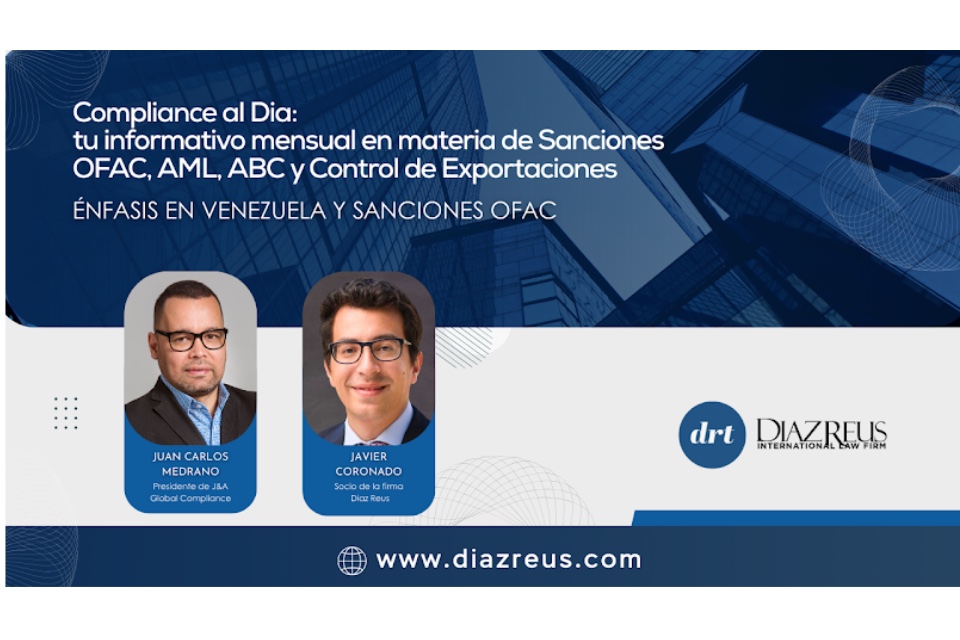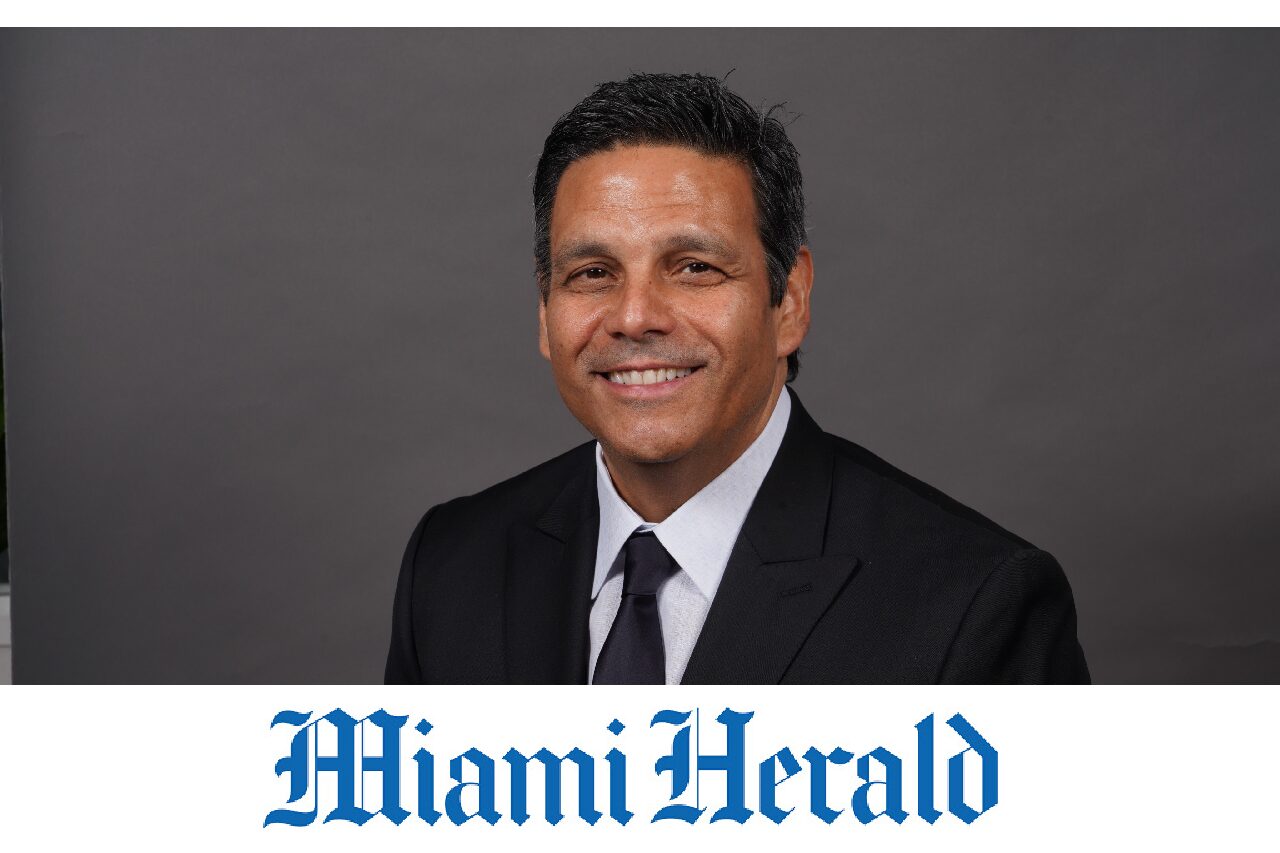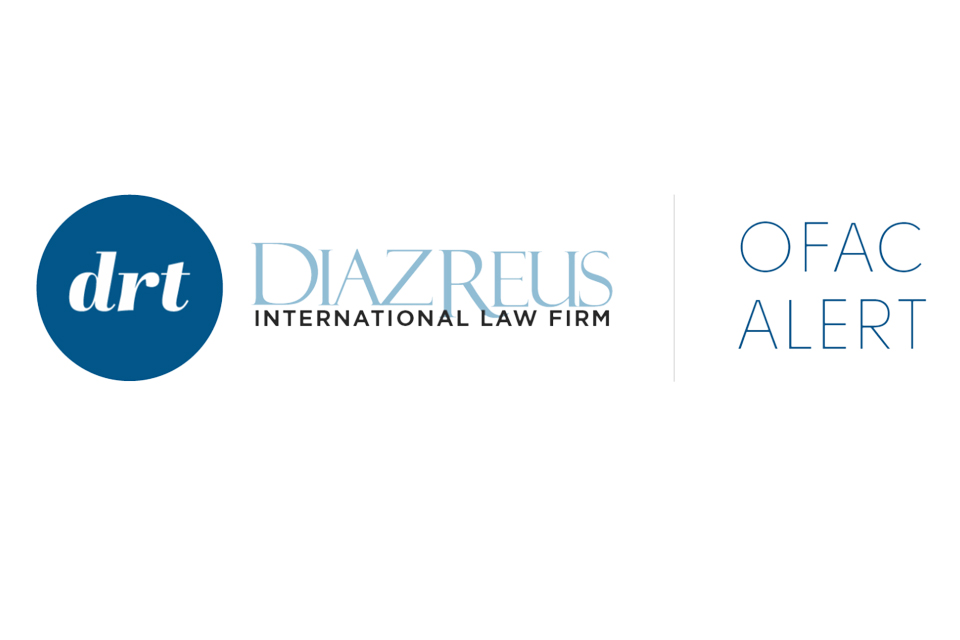Sargeant Marine Inc., an asphalt company formerly based in Boca Raton, Florida, pleaded guilty today to conspiracy to violate the anti-bribery provisions of the Foreign Corrupt Practices Act (FCPA) and agreed to pay a criminal fine of $16.6 million to resolve charges stemming from a scheme to pay bribes to foreign officials in three South American countries.
According to its admissions, between 2010 and 2018, the company paid millions of dollars in bribes to foreign officials in Brazil, Venezuela, and Ecuador to obtain contracts to purchase or sell asphalt to the countries’ state-owned and state-controlled oil companies, in violation of the FCPA.
“With today’s guilty plea, Sargeant Marine has admitted to engaging in a long-running pattern of paying bribes to corrupt officials in three South American countries to obtain lucrative business,” said Acting Assistant Attorney General Brian C. Rabbitt of the Justice Department’s Criminal Division. “Today’s resolution, together with charges the department has brought against individuals involved in Sargeant Marine’s illegal schemes, demonstrates the department’s continuing commitment to holding companies and their executives responsible for international corruption.”
“Today’s resolution is the result of a multi-year, multi-national, collaborative effort to root out corruption perpetrated by an American company in three countries,” said Acting U.S. Attorney Seth DuCharme of the Eastern District of New York. “We will continue to investigate and prosecute any company that corrupts foreign government officials in order to gain a competitive edge, as well as any of their executives and employees who participate in those efforts.”
“The FBI is dedicated to rooting corruption out of our market, keeping the United States fair for vendors and consumers alike,” said Assistant Director Calvin Shivers of the FBI’s Criminal Investigative Division. “Sargeant Marine Inc. attempted to get ahead of competitors by paying bribes to foreign officials in violation of the Foreign Corrupt Practices Act. As today’s guilty pleas demonstrate, the FBI will relentlessly investigate those attempting to cheat the market, and we will bring them to justice.”
According to the company’s admissions, Sargeant Marine Inc. and its affiliated companies (Sargeant Marine) engaged in an eight-year scheme to bribe foreign officials in Brazil, Venezuela, and Ecuador. In Brazil, Sargeant Marine admitted to bribing a Minister in the Brazilian government, a high-ranking member of the Brazilian Congress, and senior executives at Petróleo Brasileiro S.A.-Petrobras to obtain valuable contracts to sell asphalt. To execute the scheme and conceal the bribe payments, Sargeant Marine entered into fake consulting agreements with bribe intermediaries. After receiving fake invoices, it then sent international wires from Sargeant Marine bank accounts to offshore bank accounts held in the names of shell companies controlled by the bribe intermediaries. The bribe intermediaries used a portion of the commissions to pay bribes to Brazilian government officials on Sargeant Marine’s behalf, either by wire to the officials’ offshore shell companies, or in cash in Brazil.
Sargeant Marine also admitted that between approximately 2012 and 2018, it bribed four Petróleos de Venezuela, S.A. (PDVSA) officials in Venezuela in exchange for inside information, and for their assistance in steering contracts to purchase asphalt from PDVSA to a Sargeant Marine nominee. The Sargeant Marine co-conspirators used code names to hide the identities of some of the PDVSA officials receiving the bribes, referring to them simply as “Oiltrader,” “Tony,” and “Tony 2” in emails and texts. The inside information was called “Chocolates.” Similar to Brazil, Sargeant Marine covered up the bribes by entering into fake consulting agreements with a bribe intermediary and wiring commission payments into U.S. and offshore bank accounts he controlled. The bribe intermediary then paid the PDVSA officials on behalf of Sargeant Marine.
Sargeant Marine also admitted that it bribed an official at Ecuador’s state-owned oil company EP Petroecuador (Petroecuador) to secure a 2014 contract to supply asphalt. The company used the same tactics as in Brazil and Venezuela to conceal the bribe payments. In particular, it engaged a bribe intermediary with close ties to a decisionmaker at Petroecuador and then paid commissions to the bribe intermediary pursuant to a sham consulting agreement. The intermediary used the commission payments to pay the bribes to the Petroecuador official on Sargeant Marine’s behalf.
The department recently unsealed charges against, and the guilty pleas of, five of the individuals who played a major role in the bribery scheme, including Daniel Sargeant, a senior executive of the company; Jose Tomas Meneses, a Sargeant Marine trader; Luiz Eduardo Andrade and David Diaz, consultants who acted as bribe intermediaries in Brazil and Venezuela, respectively; and Hector Nuñez Troyano, a former PDVSA official who received bribes in connection with the Venezuela contracts. A sixth individual, Roberto Finocchi, also a Sargeant Marine trader, pleaded guilty in November 2017 for his role in the Brazil scheme.
On Sept. 10, 2020, a criminal complaint was unsealed in federal court in Brooklyn charging another former PDVSA official with conspiracy to commit money laundering, in part, for his alleged role in the Sargeant Marine Venezuela scheme.
The investigation is being conducted by the FBI’s International Corruption Unit. The government’s case is being handled by the Criminal Division’s Fraud Section and the U.S. Attorney’s Office for the Eastern District of New York. Fraud Section Trial Attorney Derek J. Ettinger and Assistant U.S. Attorneys Whitman Knapp, Mark E. Bini, and Andrey Spektor are prosecuting the case.
The Justice Department’s Office of International Affairs provided substantial assistance. The Ministerio Publico Federal in Brazil provided significant cooperation.
The Fraud Section is responsible for investigating and prosecuting all FCPA matters. Additional information about the Justice Department’s FCPA enforcement efforts can be found at www.justice.gov/criminal/fraud/fcpa.
See the information against Daniel Sargeant here
e trader, pleaded guilty in November 2017 for his role in the Brazil scheme.
On Sept. 10, 2020, a criminal complaint was unsealed in federal court in Brooklyn charging another former PDVSA official with conspiracy to commit money laundering, in part, for his alleged role in the Sargeant Marine Venezuela scheme.
The investigation is being conducted by the FBI’s International Corruption Unit. The government’s case is being handled by the Criminal Division’s Fraud Section and the U.S. Attorney’s Office for the Eastern District of New York. Fraud Section Trial Attorney Derek J. Ettinger and Assistant U.S. Attorneys Whitman Knapp, Mark E. Bini, and Andrey Spektor are prosecuting the case.
The Justice Department’s Office of International Affairs provided substantial assistance. The Ministerio Publico Federal in Brazil provided significant cooperation.
The Fraud Section is responsible for investigating and prosecuting all FCPA matters. Additional information about the Justice Department’s FCPA enforcement efforts can be found at www.justice.gov/criminal/fraud/fcpa.
See the information against Daniel Sargeant here














